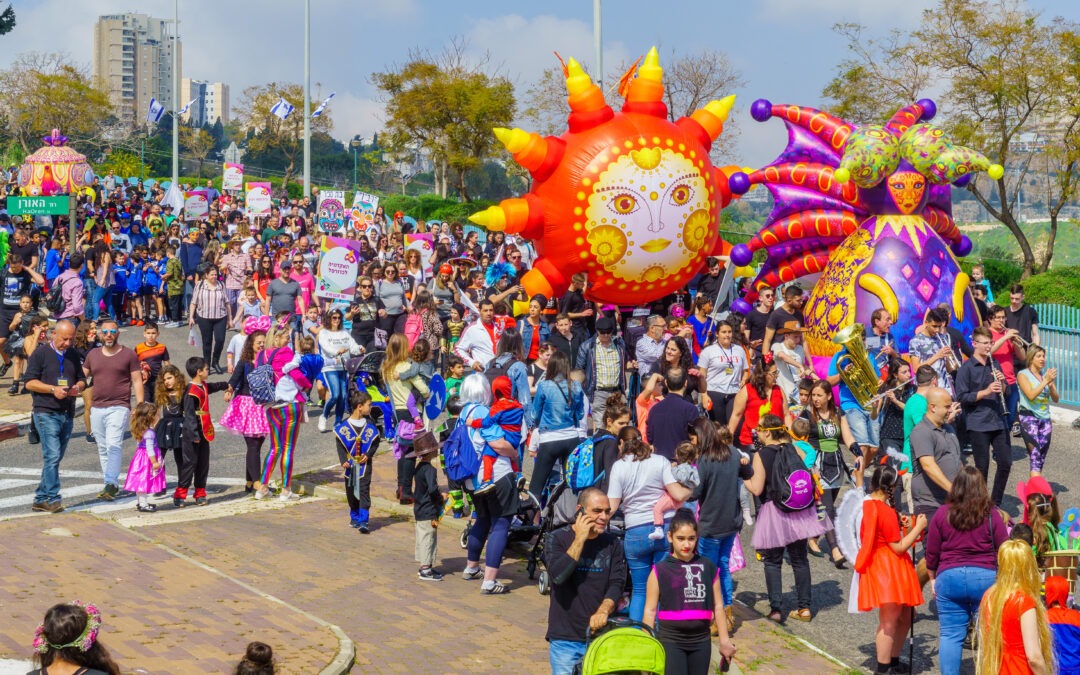In the realm of Judaism, Tzedakah emerges as a profound principle intertwined with repentance and prayer. Its significance is immeasurable, capable of deflecting negative divine decrees. From ancient times, the call to care for the impoverished has been deeply etched into the tapestry of Tzedakah’s history. This guiding principle has evolved over time, blossoming into a comprehensive social welfare system built on shared responsibilities and individual initiatives.
Jewish communities have always been marked by their grassroots organizing, offering unwavering support to those in need through various means: caring for the sick, assisting newlyweds, providing shelter for travelers, arranging burials, and extending interest-free loans to the less fortunate. Traditional Jewish law meticulously governs the collection and allocation of Tzedakah, ensuring fairness by considering factors such as appropriate giving amounts, minimizing recipient embarrassment, and prioritizing competing demands for assistance.
Maimonides, the eminent medieval thinker, expounded on the ladder of Tzedakah, emphasizing the criticality of anonymous and generous giving as a means to foster self-sufficiency among those in need.
In our modern society, Jews face new challenges, navigating the delicate balance between individual initiative in Tzedakah and the support provided by the welfare state. Today’s Jews grapple with the task of assisting both fellow Jews and all individuals in need while simultaneously addressing the root causes of poverty and social injustice. By rediscovering Tzedakah’s biblical origins, with a renewed focus on fairness and justice, Jews are called to shape a resolute Jewish imperative that stands steadfastly against these societal afflictions.
Tzedakah is praised, its value being deemed equal to all other commandments combined. Those who practice Tzedakah attain a level of holiness akin to someone who brought sacrifices in the ancient Temple. The Rosh Hashanah liturgy enumerates Tzedakah alongside repentance and prayer as a human act with the power to avert negative divine decrees. The history and development of Tzedakah reveal its roots in the Bible, where admonitions to care for the poor abound. These biblical laws, like leaving aside crops for the landless, became the foundation for an extensive social welfare system in rabbinic Judaism, characterized by individual initiative and shared responsibility. Creating voluntary societies, communities of sufficient size offered aid to the ill, provisions for newlyweds, shelter for travelers, burials for the deceased, and interest-free loans for those in need.
Today, grassroots organizing to assist the vulnerable remains a defining characteristic of Jewish communities. Traditional Jewish law guides the collection and disbursement of Tzedakah, aiming to ensure fairness and balance in both functions. While there are few mathematical formulas, Jewish wisdom provides guidance on determining the appropriate amount to give, minimizing recipient embarrassment, and setting priorities among competing demands for assistance.
The ladder of Tzedakah, as articulated by Maimonides, emphasizes the importance of anonymous and generous giving, as well as aiding those in need towards self-sufficiency. The social and economic realities of modernity present new questions and challenges for Jews who seek to fulfill the traditional Jewish obligation of assisting the poor. To what extent does the modern welfare state negate the necessity for individual initiative in Tzedakah? How can contemporary Jews strike a balance between assisting needy Jews, meeting Jewish needs, and providing for all those in need while actively addressing the root causes of poverty and social injustice?
Today, Jews are called upon to reconnect with the biblical origins of Tzedakah, where fairness and justice take center stage, shaping a Jewish imperative that champions the pursuit of addressing these societal ailments.





